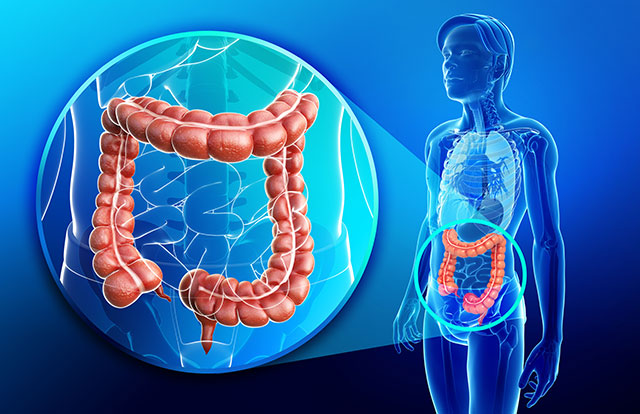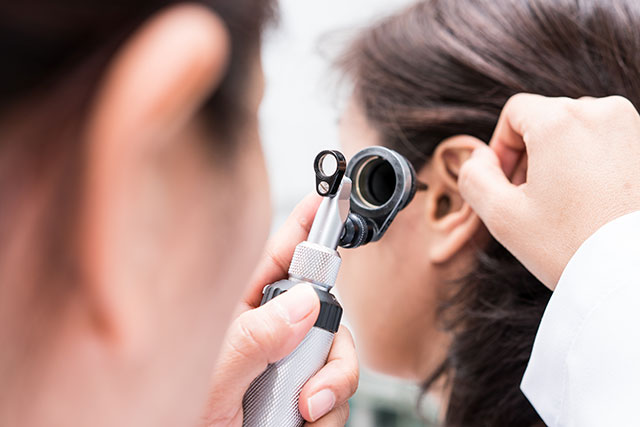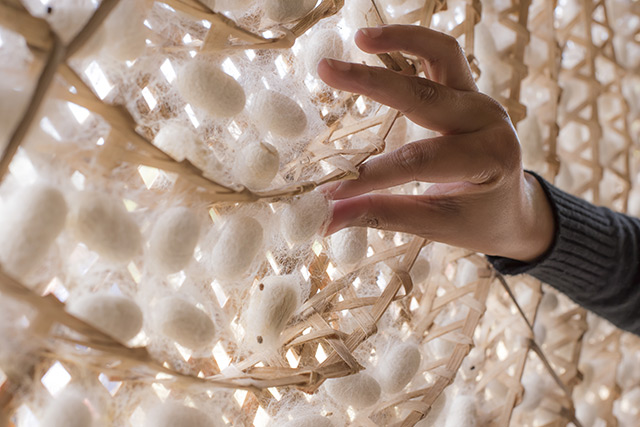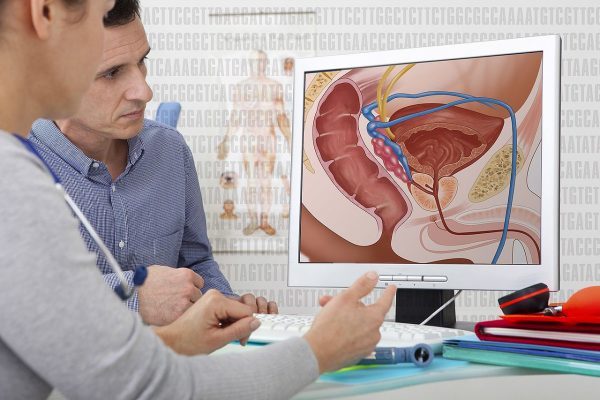Studying the complex human gut could become much easier thanks to a new biochip. In a Newswise article, the latest refinement of this “gut-on-a-chip” can provide an accurate simulation of the intestinal matrix.
The gut is made up of billions of human cells and an even larger number of microbes from different species. These two groups of cells are constantly interacting among themselves and each other in too many ways to count.
Furthermore, this bustling environment changes every time food passes through it. There is no experiment that can take into account all of these diverse components and relationships, much less control them.
Nutritionists must overcome these barriers if they want to improve their understanding of obscure gastrointestinal disorders that concern the passage of food through the body. These disorders include inflammatory bowel diseases like Crohn’s disease, and they are growing more common as the years go by. (Related: A low-fiber diet can decrease healthy gut bacteria by 60%.)
“Gut-on-a-chip” technology can be tuned with unprecedented specificity
The “gut-on-a-chip” offers a solution to this conundrum. It is made of water-based gels whose chemical and physical properties can be adjusted to match the traits of the gastrointestinal system. The chip is also compatible with biological systems, such as the microbiota that lives in the human gut.
The biochip can be used to create an accurate replica of the intestinal matrix. It possesses structures that resemble the villi in the mucous-membrane layer of the small intestine, where they play a prominent role in absorbing nutrients from digested food.
The current iteration of the biochip technology is being refined by Cornell University (Cornell) researcher Alireza Abbaspourrad. An assistant professor who teaches food chemistry and ingredient technology, he explains that his new design can demonstrate the effect of ingredients on intestinal cells and gut microbiota.
Abbaspourrad and his fellow Cornell professor, John March of the university’s biological and environmental engineering department, are two of the small number of researchers working on “gut-on-a-chip” technology.
The Cornell-refined biochip is reportedly superior to animal studies or even human trials. It can control variables with unprecedented precision. Researchers will be able to test specific nutrients, gut bacteria, and other variables.
Abbaspourrad’s model is particularly versatile. He is using it to investigate the relationships between several strains of gut bacteria, find out how toxic an ingredient is, and determine the bio-availability of nutrients.
Bio-availability denotes how much of a nutrient can be accessed by our body. Nutrients with low bio-availability cannot be absorbed even if there is a large amount of it present in the food.
“All of us are becoming more aware and more questioning about how much of a certain ingredient is available for our body to uptake, rather than just how much of it exists in a food,” reported Abbaspourrad. “This is the next step in better understanding how certain foods may positively affect our health.”
Researchers are also working on micro-encapsulated good bacteria
In addition to his “gut-in-a-chip” technology, Abbaspourrad is also working on micro-encapsulation. This involves encasing bio-active ingredients within tiny capsules that can protect their contents until they reach their intended destination, where they can be absorbed.
Micro-encapsulation is particularly useful for people who consume probiotics. Most of the beneficial bacteria in probiotic food never make it out of the stomach, the acidic gatekeeper to the gut.
Abbouspourrad says micro-encapsulation could protect good bacteria from getting destroyed by stomach acid. The micro-capsules ensure they will reach the large intestine, where they can benefit the host human.
You can learn more about ways to keep your gut healthy at Health.news.
Sources include:
NewsWise.com
Nature.com




















